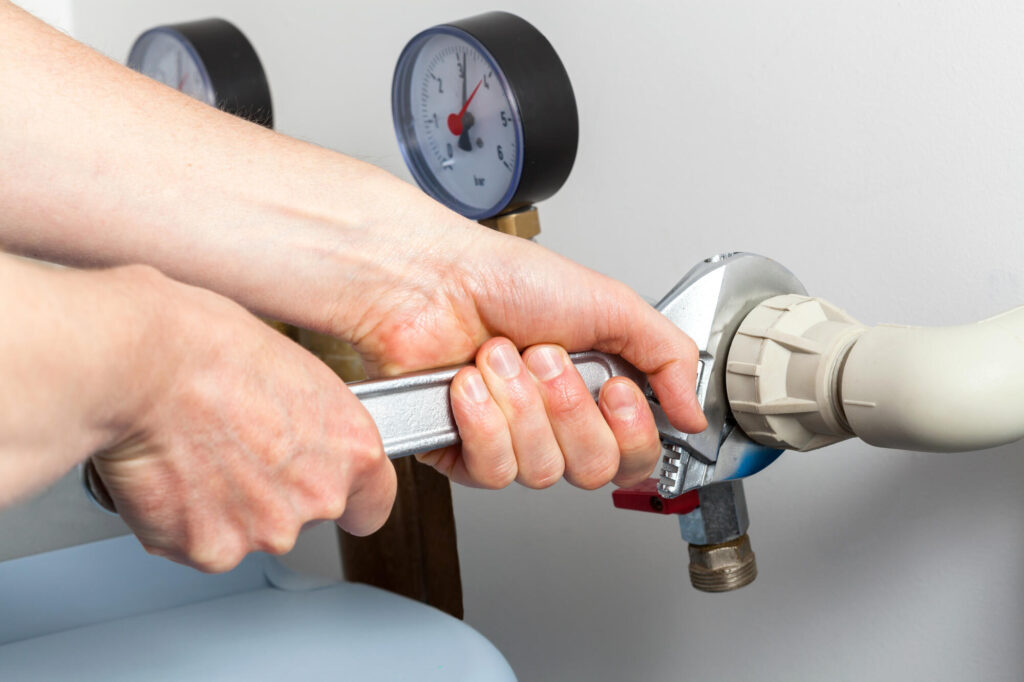To keep your home cozy during chilly months, nothing beats the reliable hum of your HVAC system’s boiler. But what happens when the warmth isn’t as inviting? Diagnosing these issues turns into a sleuthing adventure!
Join us as we uncover the mystery behind 4 boiler operational issues in your HVAC system. Grab your detective hat, and let’s ensure your heating system is ready to deliver the comfort you deserve.
The Importance of a Properly Functioning Boiler
Before we address the operational issues, let’s understand why a properly functioning boiler is vital for your HVAC system. The boiler heats water and distributes it throughout your home via pipes and radiators, maintaining a comfortable indoor temperature, especially during colder months.
A malfunctioning boiler can disrupt your comfort, increase energy bills, and pose safety risks. Therefore, diagnosing and resolving any issues with your boiler is essential for the efficiency, safety, and longevity of your HVAC system.
Signs of Boiler Operational Issues
Spotting signs of potential problems with your boiler is the first step in diagnosing any operational issues. Look out for these common indicators:
Reduced Heating Performance:
If some areas of your home aren’t getting a lack of heat, it may indicate a faulty boiler. Additionally, if your system takes too long to reach desired temperatures, it could also be a warning sign.
Strange Noises:
Unusual noises like banging, whistling, or gurgling from your boiler may signal potential problems. These sounds could stem from mineral build-up, trapped air in pipes, or other mechanical issues.
Leaking Water:
Visible water leaks around your boiler may indicate a damaged component. They could also suggest high internal pressure levels from an underlying issue.
Pilot Light Color:
The pilot light of your boiler should always burn blue. A yellow or orange flame may indicate incomplete combustion and the risk of toxic carbon monoxide gas.
Diagnosing Boiler Operational Issues
Once you have identified any potential issues with your boiler, the next step is to diagnose the root cause. Here are some troubleshooting tips that can help you in this process:
Check for Power Supply:
Ensure your boiler is receiving power from the main source. Check that all switches and circuits are functioning correctly.
Inspect Flame Sensor:
A dirty flame sensor can cause faulty readings and lead to a boiler shutdown. Clean it with sandpaper if necessary.
Check Water Pressure:
Low water pressure makes your boiler work harder and less efficiently. Check that the water supply valve is open and the pressure gauge reads between 12-15 psi.
Inspect Radiators and Pipes:
Air trapped in radiators or pipes can hinder hot water circulation, reducing heating performance. Use a radiator key to bleed any trapped air from your system.
If these troubleshooting tips do not resolve the issue, it may be time to consult an expert. Seeking professional Denver boiler repair services can ensure that more complex problems are accurately diagnosed and efficiently solved.
Solving the Mystery of Operational Issues: Your Boiler’s Trusted Sidekick
Diagnosing and addressing Boiler Operational Issues promptly can significantly enhance the efficiency, safety, and longevity of your HVAC system. By staying vigilant to signs of trouble and employing basic diagnostic measures, you can ensure your system keeps providing the warmth and comfort your home deserves. Remember, a well-maintained boiler not only saves on energy costs but also brings peace of mind during the coldest months.
Does this article help you? Explore our website to find more helpful and fun stories that could help you.







